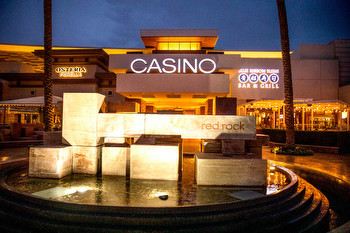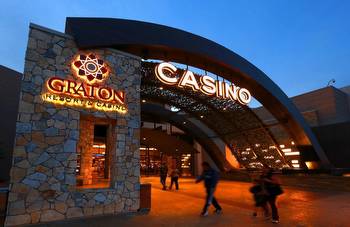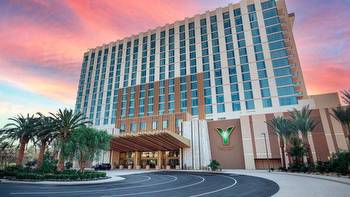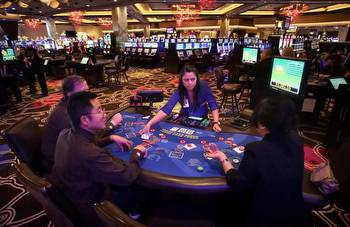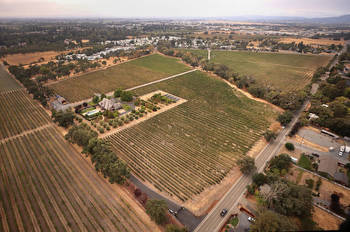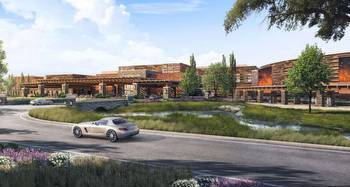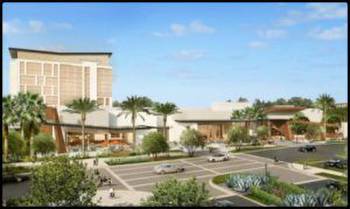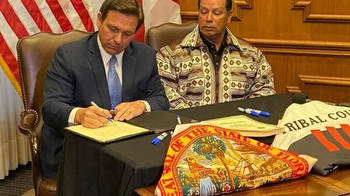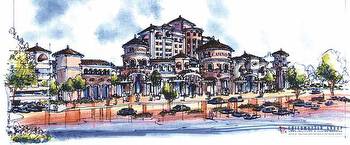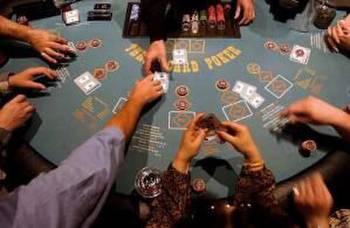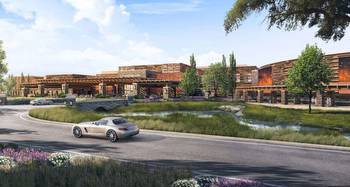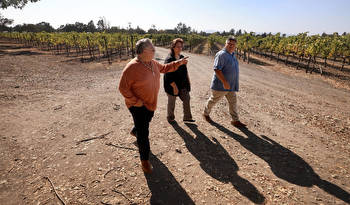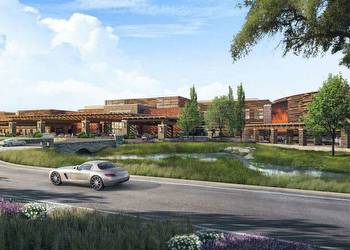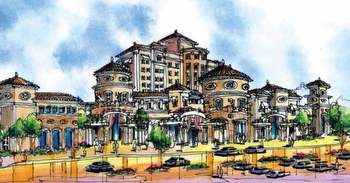Red Rock Resorts' Long-Delayed California Casino Receives Another Legal Setback
A California appellate court tossed a roadblock in front of Red Rock Resorts' planned development of a tribal-owned casino near Fresno that has been tied up in legal maneuverings for some 18 years.
A three-judge panel said the defeat of a 2014 statewide ballot referendum precluded California's governor from signing a gaming compact with the North Fork Rancheria of Mono Indians. The tribe has an agreement with Las Vegas-based Red Rock Resorts subsidiary Station Casinos to develop and manage the $350 million to $400 million off-reservation gaming project.
However, the ruling by the judges contradicted a separate decision by the California Supreme Court last fall that green-lighted the project. The ruling allowed Gov. Gavin Newsome to accept a U.S. Department of Interior ruling that permitted the tribe to utilize a 305-acre off-reservation site for the casino.
The competing court rulings leave Red Rock Resorts' Indian gaming venture in limbo.
The company is without a tribal gaming contract after its three previous management deals – two in California and one in Michigan – expired.
Red Rock Resorts Chief Financial Officer Stephen Cootey said last month the casino operator and the North Fork tribe expected "to have a shovel in the ground" shortly after the end of June, which would begin a 15-to-18-months construction project.
"We're excited to begin the development of this very attractive project on behalf of North Fork Tribe," Cootey said during the company's first-quarter earnings conference call last month.
Red Rock Resorts spokesman Michael Britt declined comment Monday on the California ruling.
A spokesman for North Fork Rancheria Tribal Chairwoman Elaine Bethel-Fink provided a statement.
"The North Fork Rancheria and its development partner, Station Casinos, are digesting this most recent ruling," the tribe said in an email. "We will have a more comprehensive statement when we have had a chance to discern the implications of this decision and the appropriate next steps."
Cootey said in May the gaming operator was having "discussions with our lending partners as to how we can most efficiently finance this project."
The North Fork Casino is planned for 2,000 slot machines, 40 table games, two stand-alone restaurants and a food court. Hotel rooms and other amenities are expected to be built at a later date.
Red Rock's most recent casino management contract with the Graton Rancheria Tribe near Santa Rosa expired in February after seven years. In the three-month period that ended on March 31, Red Rock's cash flow from its tribal operation was $7.6 million, a 56.8 percent decrease from a year earlier, due largely to the termination of the Graton contract.
Red Rock – then operating as Station Casinos – first signed an agreement with the North Fork tribe in 2003 to build and manage the gaming complex. The tribe has a 61-acre reservation near the town of North Fork, but long maintained the site was too small and too far removed for a casino.
The off-reservation site designated for the casino complex is in the town of Madera off Highway 99, roughly 42 miles from the tribe's reservation and just 30 miles north of Fresno.
North Fork faced numerous legal obstacles from the beginning over the taking of non-reservation land into trust, a move that must gain Interior Department approval and is often opposed by competing tribes. California is the nation's largest Indian gaming state, and its 70 tribal casinos produced nearly $9 billion in annual gaming revenues prior to the pandemic. The total was nearly one-quarter of all tribal gaming revenues annually according to statistics compiled by Washington D.C.'s National Indian Gaming Association.
The appellate court ruling was based on a lawsuit filed in 2013 by "Stand Up for California!" an anti-gaming public affairs organization that opposed the casino and the land-into-trust issue. The case suffered a loss in a lower court decision, where the judge agreed with the arguments brought by the defendants, which included the state, then-California Gov. Jerry Brown and California gaming regulators.
However, the appellate court, despite last September's Supreme Court decision, agreed with the arguments raised by plaintiffs pointing to the defeat of the 2014 ballot referendum by 61 percent to 39 percent, prevented Brown from signing off on the land-into-trust issue. If the ballot question had passed, the casino would have been approved.
"We conclude the people retained the power to annul a concurrence by the governor and the voters exercised this retained power at the 2014 election by impliedly revoking the concurrence for the Madera site," the appellate judges wrote.
The Nevada Independent is a nonprofit, reader-supported news site. Since 2017, we have provided nonpartisan reporting on Nevada public policy, politics and people.








